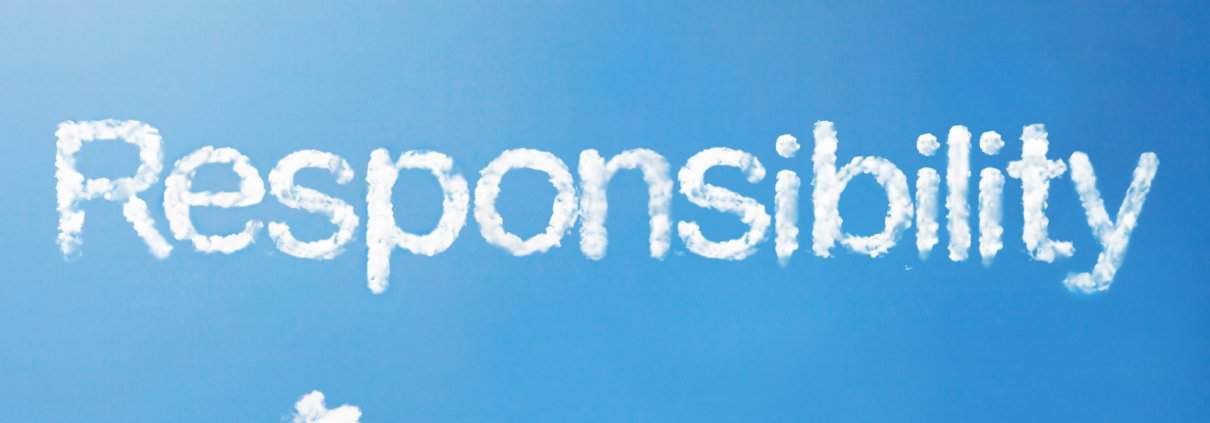Your Response Is Your Responsibility
This week’s blog is a bit on the philosophical side, as opposed to practical. Then again, some people may think that’s just par for the course for me.
I’ll be sharing some of my thoughts on things relating to one’s responsibilities in a business family.
I’ve been thinking about this piece for a while, I’ve got lots of ideas kicking around, and they’re coming at me from different places, so let’s get started.
Your Responsibility
The first place this came up for me occurred a few years ago while reading about some family members who expected to reap the benefits of being part of a family business, but who didn’t necessarily realize that there was another side to that coin.
That other side, of course, is responsibility, because you shouldn’t expect to get all the positives without contributing anything yourself.
Unfortunately, as often as there are next-generation members who expect something for nothing, there are just as many occasions where the parents never tried to instill that sense of responsibility either.
Respond, Don’t React
I’ve also been writing about working on my personal ability to slow things down, and “respond” to a situation or comment, rather than shooting from the hip with a “reaction”.
I’m actually just waiting for someone to ask me for “my reaction” to something so that I can reply that I prefer not to share my reaction, but would rather take a moment to reflect so that I can provide “my response” instead.
Response + Ability = Responsibility
Taking things further, I recently saw a video on LinkedIn, where a speaker was explaining that each person should actually feel compelled to respond to situations to the best of their ability.
The man recounted that he and his wife had taken in several physically challenged foster children because they “were able to” so they felt it was their responsibility to do so.
While I applaud people like that, I believe that they’re truly very rare, and I know if suggested we all go that far, I’d likely “lose” a lot of you.
Strengths Finder
I’m a big fan of the Strengthsfinder tool that has you do a quick survey and then gives you your five greatest strengths.
I’ve completed it a couple of times now, a few years apart, and the strength of “responsibility” showed up as part of my Top 5 both times.
To me, doing what needs to be done, especially when you said that you would do something, is not something that is negotiable.
My Response
So let’s get back to the title of this post, and get into the “my response” part a bit more.
The particular scenario I have in mind is one most of us have seen before, and if you’re part of a family business or work with business families, you’re probably pretty familiar with this too.
Some family members who work together are having a meeting, or just chatting together when one of them gets triggered and “goes off” on the other.
What happens next can make or break the way this will go.
What’s My Part in This?
It would be so easy to “react” in the same old way that we always have, and likely ratchet up the anxiety level and make things worse.
Instead, what I’m suggesting here, is rather than sharing our reaction, we take a couple of deep breaths and instead share a response.
That simple pause, combined with a reflective “what’s my part in this?” can change the direction that this interchange seemed to be going towards.
Easier to Blame Others
True, it’s easier to blame the other person for everything that has ever gone wrong in a relationship.
But, if you want to change how things turn out going forward, you know that there’s really only one person that you can actually change, right?
We are each responsible for our own responses.
We can simply react like we always have, and things will likely keep going down the same path.
Or, we can try to refrain from quick reactions and instead offer up a more appropriate response
My favourite way to remember the key distinction is a medical one.
When the doctor says you’re having a “reaction”, it’s never good.
When you begin to “respond” to a treatment, it’s usually a good sign.





Leave a Reply
Want to join the discussion?Feel free to contribute!